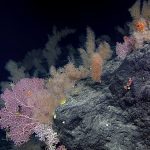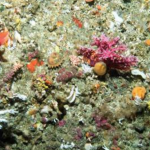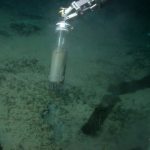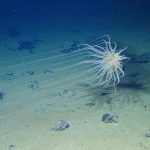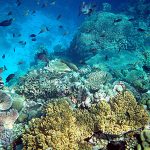FOR IMMEDIATE RELEASE: 1 October 2018
The deep sea is a hidden and neglected area of ocean conservation. ‘Out of sight, out of mind’, work to protect the area is poorly funded despite being subject to multiple pressures from climate change, pollution, destructive fishing and the new threat of deep seabed mining.
A new grant from Arcadia[1] – a charitable fund of Lisbet Rausing and Peter Baldwin – is, however, helping to change that. The grant will enable the Deep Sea Conservation Coalition (DSCC) to continue working to bring much needed attention and protection to the deep over the coming five years.
Continue reading Arcadia Supports ‘Out of Sight Out of Mind’ Deep Ocean

